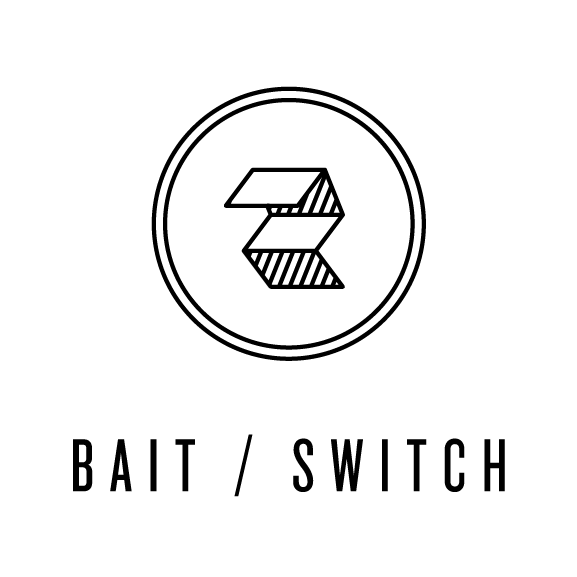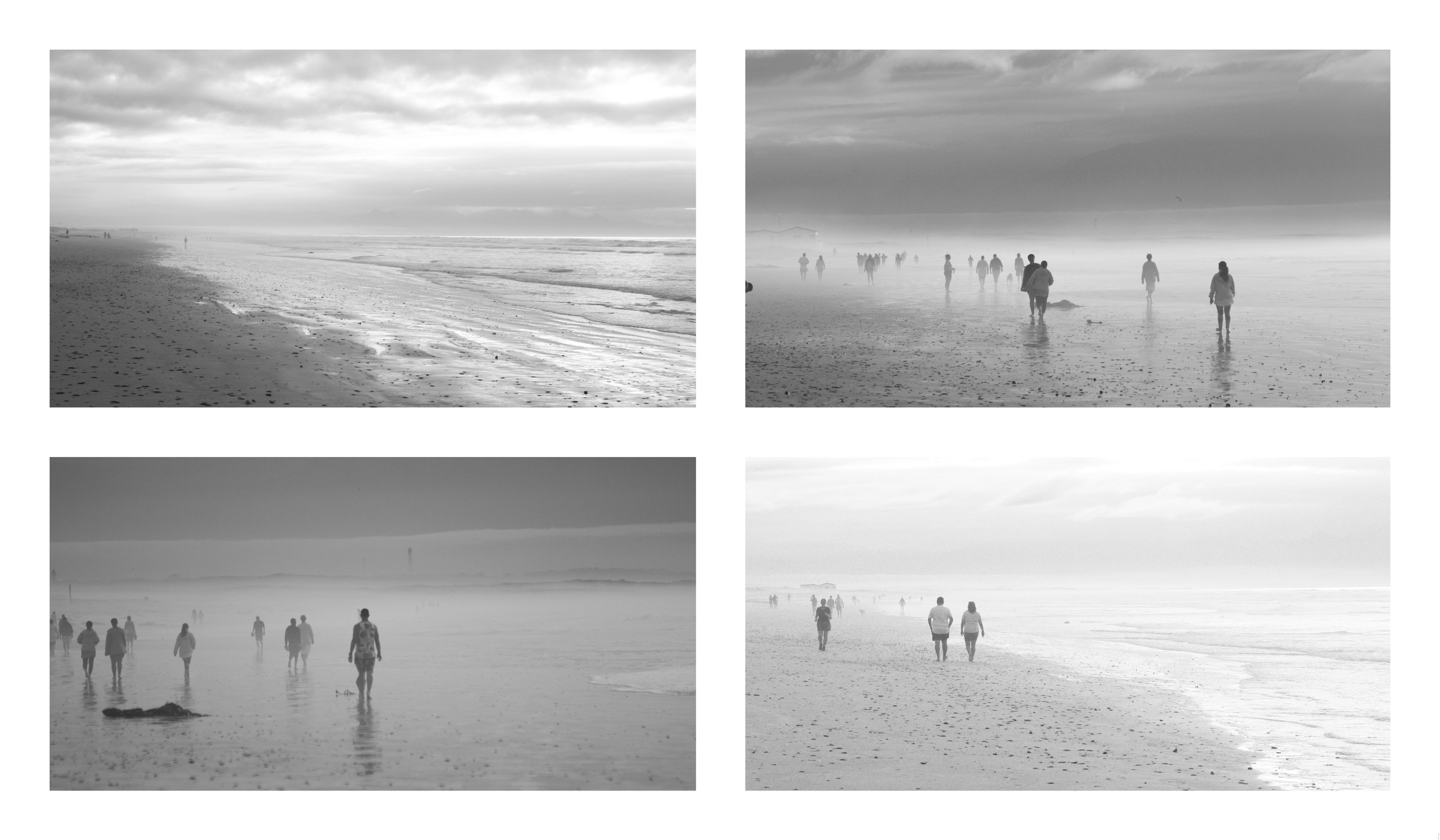It won’t Be a Normal Year
Kerry Hammerton
We are the light blazing on the horizon - the early morning lift of the sun. We are the mist hiding the mountains. Dark clouds. Succulents struggling to breathe on sand dunes. Mounds of tubular seaweed washed up on the shore. A scuttling crab. We are the shell, the mussel already shucked. The tumbled stone, the small piece of green sea glass scratched and smoothed. The smallest grain of sand. The peep of the sandplover. The fishermen who no longer catch any fish. The child who runs screaming. The dogs who never stop barking. Pieces of plastic entwined in the seaweed. Rusting metal. The split in the road, the curling tar. The rain that never comes. Mines and quarries that poison our water. We are the water. And the stunted crops burnt by the sun. The willow tree dying of thirst. The crocodiles who hide in tree roots. The winking of dying satellites. Shadows that never disappear. The rot of leaves. Bonedust. We are the end and the beginning.
It Won't Be a Normal Year, prose and composite image, 13 x 8 inches
“Sometimes it involves a little bit of investigation, and sometimes it involves mining my own notebooks. And sometimes it just flows.”
Interview by L. Valena
March 14, 2023
Can you start by describing the prompt that you responded to?
The prompt that I received was a mosaic, which had some hidden pictures embedded in it. There was also a diorama of two people interacting in some way. When I initially saw the prompt, I saw the mosaic and that was the only thing I could see. It reminded me of being a child and swimming. Beach and freedom. Then one day as I was looking at it, I started to see what was hidden behind the mosaic. Every time I looked at it, it shifted a little bit. It looked like a cat one day, then an ox, then a house. When I started to look at it in more detail, and look at the figures, it shifted the feeling of the piece away from the sense of freedom and childhood happiness, and toward something more depressing.
Where did you go from there?
My creative process is very much to sit with a feeling or an idea and see what emerges. My initial thought was that I wanted to take a photograph at the golden hour because I wanted to have this rich feeling of connection, as opposed to diving into the darker space. So I held onto that idea. I thought I should write something, but initially there weren't any words coming out.
What happened next?
I went to take the photographs, and the sun didn't shine because it was cloudy! So I was watching all these people on the beach. I took these photographs at a beach here in Capetown called Muizenberg Beach. It's a very open space, and at the moment, since we haven't had any rain, the river that separates the beach is blocked off. So it's just this very long beach. When you look into the horizon, it just goes on forever.
For me, that kept a little bit of that feeling of forever, and childhood. When you're a child, time is immaterial. Everything is happening, and life seems very long. I started to take photographs, and as I was doing so there were different people interacting with the landscape in different ways. As the sun was coming up, although it wasn't creating the colors I wanted, it created different shades, which created different moods, which captured this sense of timelessness, as well as a little more of a bleak feeling, that feeling of "What's this all about? What's life all about? What's happening at the moment?"
I took quite a few photographs. When I came back and looked at them, there was one in particular that I really liked, so I figured I would submit that. But then when I went back to the prompt, the mosaic jumped out at me again. I realized that this was not about one photograph, it was about a mosaic of photographs. So I created that mosaic look with four different photographs. One is empty, one has only one person, and then the other two have got a lot of people in them.
I was ready to submit that, but then the words started coming to me. That's when I asked if I could have a few more days, because something wanted to speak through this. My creative writing process is to just write, and add, and write. So that's what I did. Then I sat down and edited the piece. It came out completely differently from how I expected it. I thought it would be hopeful, but it turned into a commentary on how humans interact with nature, and what we've done to our planet.
Wow! What a journey! It looks like you decided to submit these photographs in black and white. You talked about the colors being important to you in the beginning. Can you say why you decided to shift to grayscale?
Yes, that was interesting. One of the photographs, which I didn't end up submitting, I posted on my Instagram account and I made it black and white. I kept looking at it, and realized that it was really important to me to have consistency of color. When I made them black and white, the images started to talk to each other. The colors were quite different -- one was quite dark. The one on the bottom was very light, because the sun was higher, and you were staring into this horizon that was just so bright. It just felt right, and that the piece had come together at that point.
Can you say more about your writing process? How does this actually happen for you?
My writing process is very clear for me. It always starts with something, whether it's a feeling or an idea. I wrote a poem recently about being a tea taster. The idea came from someone in my writing group, who made the comment that being a tea taster would be her dream job. This idea just sat in my head, and I just left it there. Then I was reading something and a word popped out; it may have been burnished, or cardamom, something like that. Then it started. Burnished copper could be a color for tea. Then from there I write down a whole lot of things. For me, it's always two things that come together: the initial idea and something else that activates that idea or feeling. Then I write. Sometimes it works and sometimes it doesn't. Sometimes it involves a little bit of investigation, and sometimes it involves mining my own notebooks. And sometimes it just flows.
This is the first time I've deliberately put words and images together in this way. I've had a dream for a very long time to create a book or exhibition of photographs and poetry. Maybe that's quite a long way off, but with this process, it felt like it was beginning to come together. Photography is something I try to work with every week, and I also try to write every week. So the kernel of the idea of putting the words and images together has come back, and I want to see if I can do more with that.
How exciting! How did you like responding to a prompt like this?
I belong to a writing workshop that meets every month, and we give writing prompts. Whatever you write isn't always brilliant, but as you know it's part of the creative process. I also belong to a prompt-based project called 52 Frames, where you submit a photograph every week. I think what I liked about participating in this project is that it felt quite unusual. The prompt wasn't an everyday thing, and it really made me think about what it was, and consider what it was trying to say. Prompts are helpful for the creative process, they spark something. I also find that with prompts, it's very often something that you wouldn't think about as a prompt for yourself. Because of that, it helps to spark something creatively.
Do you have any advice for another artist approaching this project for the first time?
Follow the creative process, and don't get hooked on one idea. Take an idea and explore it, and keep coming back to the prompt and see what else speaks to you. When you start working, just be amazed by what comes out. It might not be your original idea.
Call Number: Y101VA | Y102VA.haIt
Kerry Hammerton lives in Cape Town, South Africa and has an MA in Creative Writing. She has published poetry and prose in various South African and international literary journals and anthologies. Her fourth poetry collection, afterwards, was published in 2023. (Karavan Press) Kerry is a freelance tutor and supervisor at the Rhodes Masters Creative Writing programme. Instagram: kerry_hammerton





